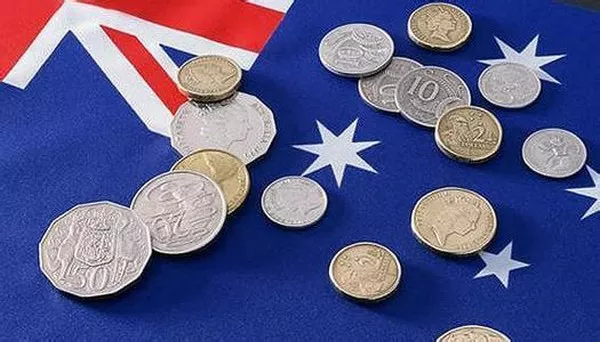In our increasingly globalized world, currency exchange rates play a crucial role in international transactions. Whether you’re traveling abroad or conducting business with someone in another country, it’s important to understand how currency values are determined and what factors can cause them to fluctuate. In this article, we’ll explore what $3000 Australian dollars is worth in pounds and delve deeper into the factors that affect currency exchange rates.
At the current exchange rate (as of June 9, 2023), $3000 Australian dollars is equivalent to approximately £1570.5487 British pounds. However, this value is subject to change based on a variety of factors, including interest rates, economic performance, political stability, and global events.
Interest Rates
One of the most significant factors affecting currency exchange rates is interest rates. When a central bank raises interest rates, it attracts foreign investors seeking higher returns on their investments, which increases demand for the currency and thus its value. Conversely, when a central bank lowers interest rates, it becomes less attractive to investors seeking high returns, leading to a decrease in demand and a drop in the currency’s value.
For example, if the Reserve Bank of Australia were to raise interest rates, it would make the Australian dollar more attractive to investors seeking higher returns on their investments, thereby increasing demand for the currency and driving up its value relative to other currencies such as the pound.
Economic Performance
Another factor that affects currency exchange rates is the economic performance of a country. If a country’s economy is growing strongly, it will typically have a positive effect on the value of its currency. This is because a strong economy indicates a healthy investment environment, which attracts foreign investors seeking to profit from stable growth and high returns. As more investors buy the currency, demand for it increases, leading to an increase in value.
Conversely, if a country’s economy is struggling, investors may become wary and sell off their holdings in that country’s currency, leading to a drop in its value. For example, if the Australian economy were to enter a recession, it could cause investors to lose confidence in the currency, leading to a decrease in demand and a fall in its value relative to other currencies such as the pound.
Political Stability
Political stability is another key factor that affects currency exchange rates. A stable political environment can make a currency more attractive to investors, while instability or uncertainty can cause investors to flee, leading to a decline in value. This is because political stability is viewed as a reliable indicator of a country’s economic policies and investment climate, which affects investor confidence and therefore demand for the currency.
For example, if there were to be political unrest in Australia, it could cause investors to lose confidence in the country’s economy and sell off their holdings in the Australian dollar, leading to a drop in its value relative to other currencies such as the pound.
Global Events and News
Finally, global events and news can also have a significant impact on currency exchange rates. Sudden changes in the global economy, natural disasters, terrorist attacks, or major economic announcements can all cause sudden fluctuations in currency values. For example, if there were to be a major global recession, it could cause investors to move their assets out of risky investments and into safer ones such as government bonds, leading to a decrease in demand for riskier currencies and a fall in their value relative to safer currencies such as the pound.
Conclusion
In conclusion, understanding currency exchange rates is essential for anyone involved in international transactions. While $3000 Australian dollars may be worth £1570.5487 British pounds today, it’s important to remember that currency values can fluctuate rapidly based on a variety of factors such as interest rates, economic performance, political stability, and global events. By staying informed and aware of these factors, you can make more informed decisions when exchanging currencies and minimize the risks associated with volatile currency markets.
Related Topics:



























